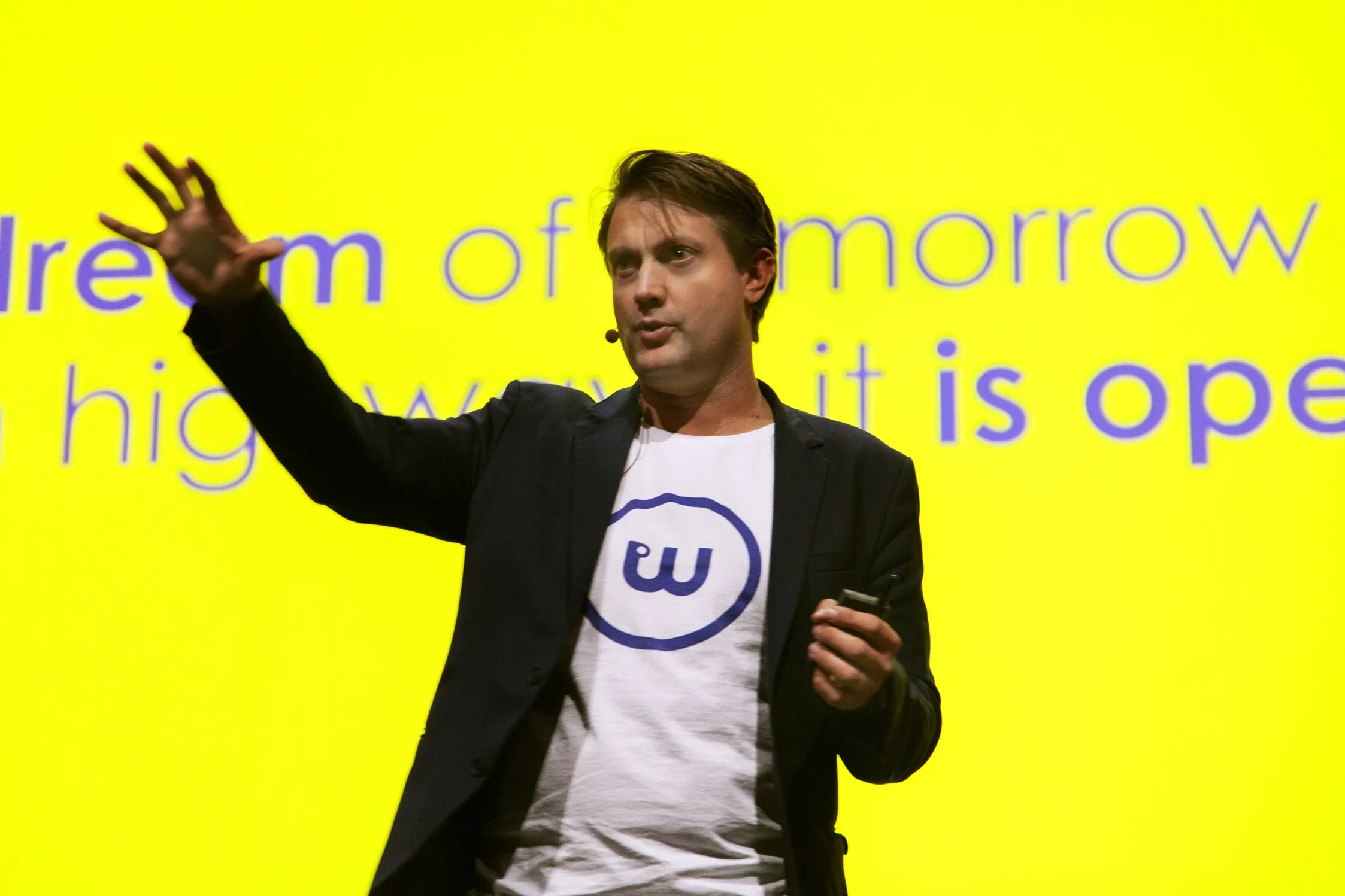
Siemens has added three software companies to its urban mobility portfolio in the last year: HaCon (journey planning), Bytemark (mobile ticketing) and Aimsun (traffic management/simulation).
“We had a lot of ingredients in our portfolio,” Welz went on. But the technology that the new firms bring would allow Siemens to provide “door-to-door mobility”. Marrying public transport with newer, private entrants to the market such as Uber and Lyft by more efficient use of data is vital, Siemens believes. Combining planning, booking, managing and paying for a trip into a single city-owned app is the way to go.
“The road user-centric approach is very important,” Welz insists. “To get me out of my car it has got to be convenient, efficient and attractive.” Travellers also need the security that a multimodal mobility system will work when you switch from one mode – such as bus – to another – such as carshare – without a hitch, he added.
Improved safety and more efficient traffic management are the two pillars of digitalisation, Welz continues. “Digitalisation is not just a buzzword,” he says. “Using historical data and predictive analytics can change traffic flow at an intersection, for example.”
Booth 319










